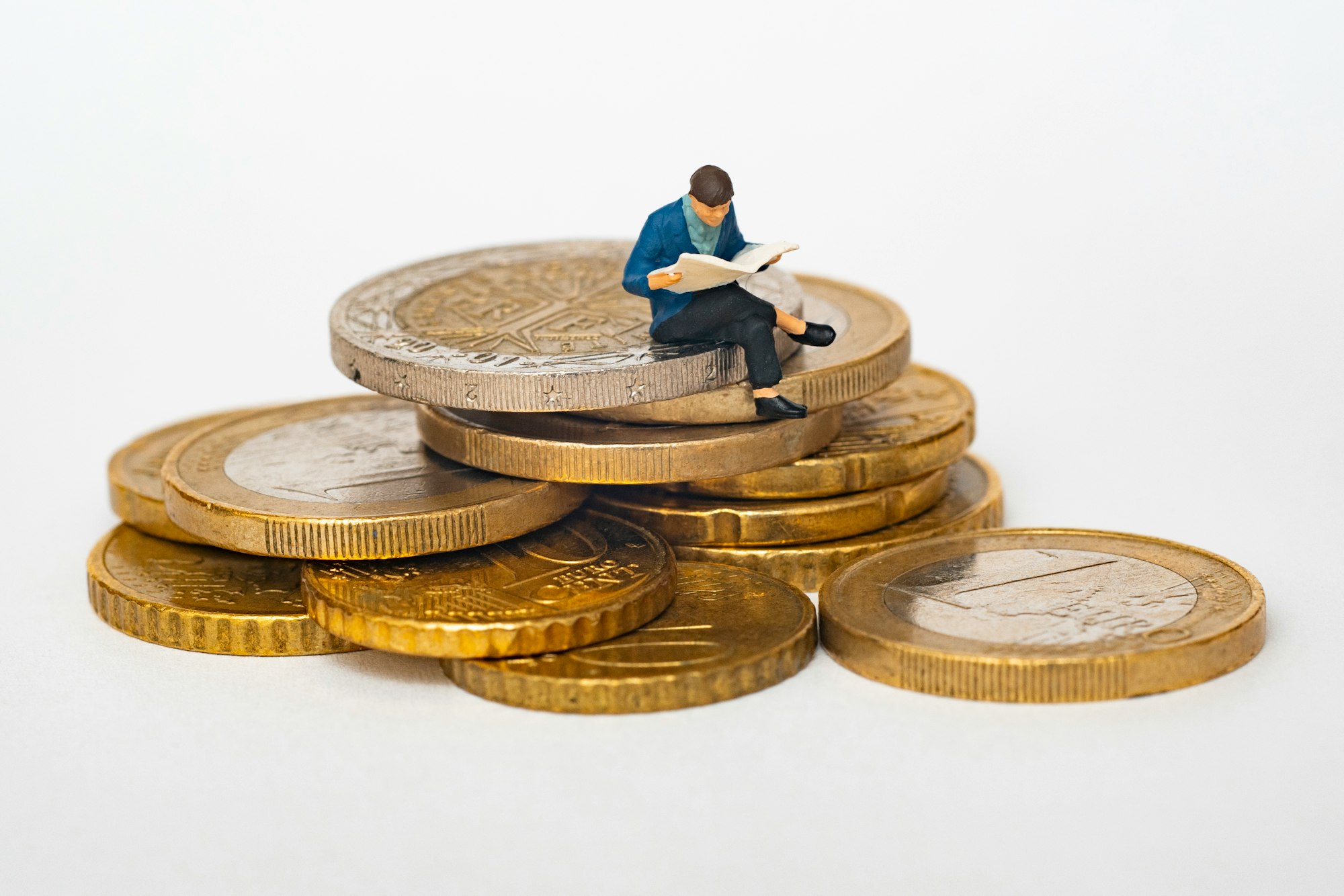Japan faces significant economic challenges due to tariffs imposed by the United States. According to a government report, Tokyo has issued warnings about the risks these tariffs pose to its economic growth. The report highlights ongoing concerns over U.S. trade policies, which continue to generate uncertainty.
The U.S. has set a 24% import tariff starting in July, prompting Japan to seek negotiations for potential reductions. Additionally, Japan is pursuing exemptions for its automobile manufacturers, who face a separate 25% tariff on vehicles. These tariffs threaten Japan’s automotive sector, a cornerstone of its economy.
Japan’s GDP contracted by 0.2% annualized during the January-March quarter, even before U.S. President Donald Trump announced “reciprocal” tariffs on April 2. While corporate earnings appear to be recovering, the full impact of the tariffs may only become evident in the April-June quarter or later.
Beyond tariffs, Japan’s economy faces rising prices affecting consumer spending and household sentiment. Although export trends have not shown significant impacts so far, the report warns that trade patterns require attention starting in May. The Cabinet Office notes moderate economic recovery but emphasizes ongoing uncertainty due to U.S. trade policies.
Recent wage negotiations resulted in an average increase of over 5%, surpassing last year’s figures, though smaller companies lag behind larger ones. Meanwhile, Prime Minister Shigeru Ishiba pledged ambitious growth of over 50% in Japan’s average income by 2040 amid upcoming upper house elections.
— new from El Tiempo Latino
